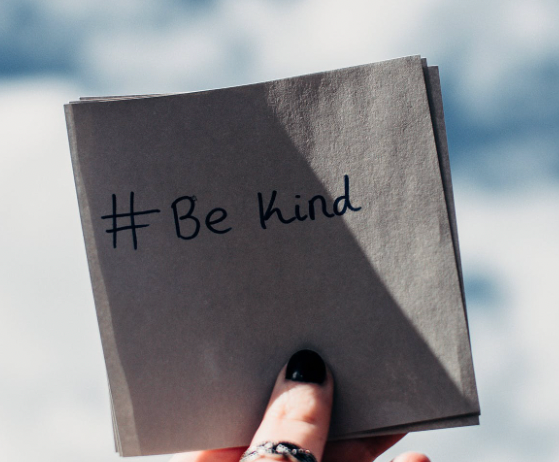If the pandemic has taught us anything in the last 18 months, it is that mental health is health.
“The pandemic has been the great equalizer for us,” Helen Fishburn, CEO of the Canadian Mental Health Waterloo Wellington, said at the annual Mayor's Event for Mental Health.
“It's really created that compassion and empathy because now people really understand what it feels like to be anxious, depressed, overwhelmed, deeply fearful.”
Fishburn said the pandemic really opened up the conversation around mental health and the community has in turn, embraced it.
The Mayor’s Event for Mental Health has been an annual tradition kicked off by late mayor Joe Young in 2000. It has been hosted by the mayor in office every year ever since, coinciding with World Mental Health Day. This year, the topic was The Path Forward: Mental Health in the Wake of COVID-19 and was held virtually and moderated by mayor Cam Guthrie.
Dr. Anne-Marie Zajdlik has been battling COVID head-on and keeping the community at ease through her posts on Facebook. She said recently at her practice she’s had more calls than ever from people who are struggling with anxiety and depression and tremendous stressors because life has continued on during the pandemic.
“I've had calls with patients who have never experienced anxiety and depression before, but they're calling now and they're shocked because they don't understand how they feel. They don't understand why the anxiety is there, why the depression is there, why it was so sudden onset, why they're suddenly unable to cope and how far reaching their anxiety and depression symptoms are, how disabling they are,” said Zajdlik.
Fishburn said if one’s mental health is affecting one’s ability to function and manage things at home or if one is feeling overwhelmed constantly, those are the times that it's really important to reach out for help.
CMHAWW’s HERE 24/7 has responded to thousands of mental health, addictions and crisis calls across the region.
Zajdlik said she noticed that once people access counselling, treatment or medication, they turn around quickly or at least are able to get back to a place where they can cope. She said there is a whole team of partners who have put a wall around the community by stepping up to serve doctors, nurses, respiratory therapists, social workers, psychologists, psychiatrists, administrative teams and public health heroes.
Zajdlik said we’re all suffering from a mental health point of view. And while people feel like they are running out of energy, so is the virus.
“As the COVID-19 runs out of fuel, we are left in a place that is much healthier and a future that is much better,” said Zajdlik.
“The days of COVID-19 causing this dark pandemic are numbered and the COVID virus has no hope.”
Zajdlik said the worst case scenario modelling for Ontario predicted by the province did not materialize.
“We expected during wave four to see 4,000 cases per day. Last month, once schools were in session, we consistently stayed before below 1,000 cases per day. And for the last seven days we've been below 800 cases per day. That's because of the great work our community has done and communities across the province, but also because of widespread vaccinations,” said Zajdlik.
Secondly, she said vaccine effectiveness is exceeding our expectations.
“The cases are going down. No new cases in Guelph yesterday, one new case in Guelph today, our reproductive rate is down 0.8, which is absolutely amazing,” said Zajdlik.
She also added that hospitalizations, ICU admissions and deaths have remained incredibly low, day after day with virtually no significant increase.
She said if the number of vaccinations increase and people continue to follow public health guidelines for indoor and outdoor gatherings this fall and winter, we will no longer be in a pandemic, but in an endemic where the virus becomes manageable, and does not cause an undue burden on hospitals or other healthcare resources.
“So lots of reasons for hope, lots of reasons to be hopeful for the future. But this is still a dark time. Many people are just now experiencing serious symptoms of depression and anxiety so please reach out. We're almost to the end of this,” said Zajdlik.
